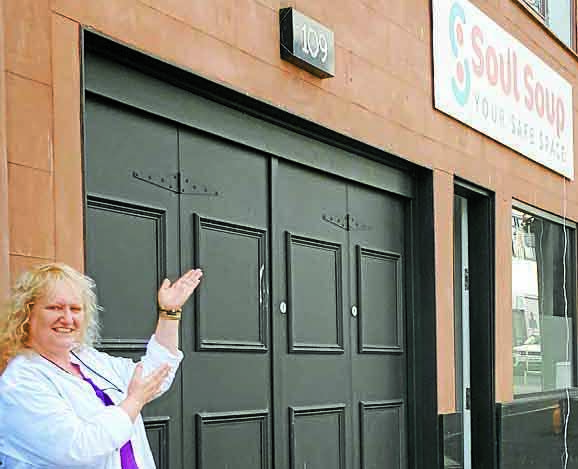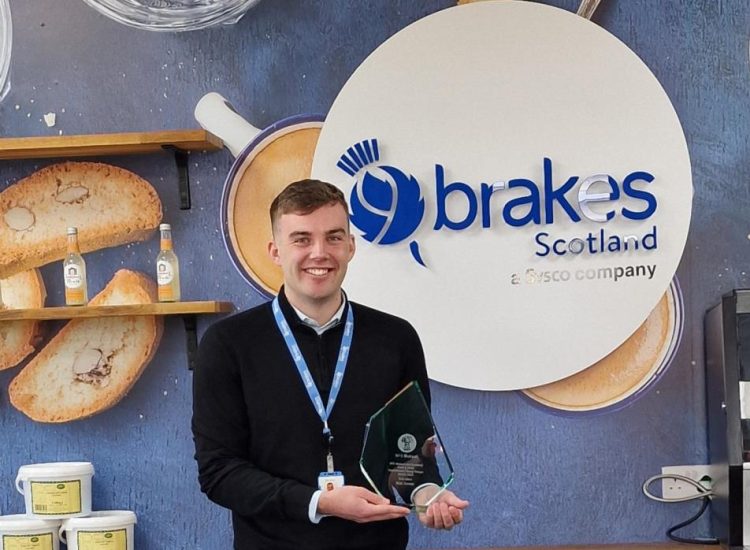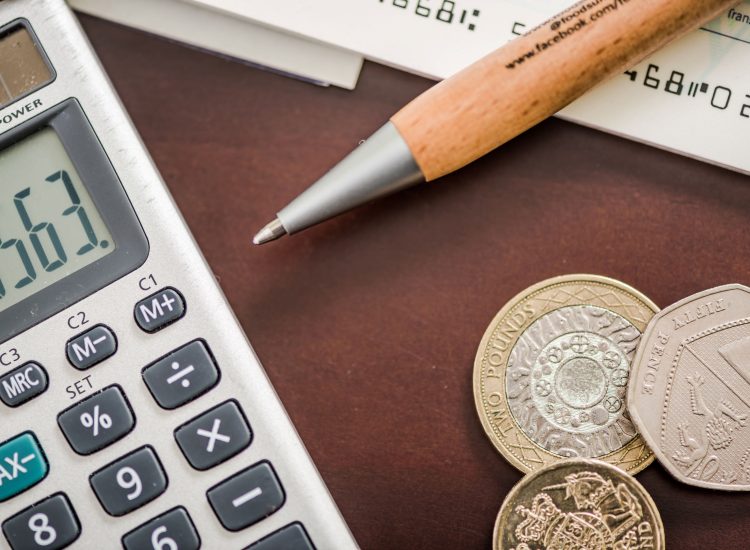She said: “Feelings might be all over the place in this unpredictable time. It is important for everyone that we are aware of how we are doing. We may be at different stages, that’s ok: whatever your experiences, they are valid.”
And Linda has shared some practical steps that will allow everyone to look after their mental, emotional, and spiritual health and feel a bit more capable:
Breathe: Take long, deep breaths and inhale slowly for four seconds then out for a calming effect. Linda explained: “This is because it causes our body’s defences to relax and lets our brain release endorphins, which are the natural chemicals that calm us down. There are other benefits too. When we practice slow, deep breathing it decreases stress, relieves pain, increases our energy, lowers our blood pressure, and improves our digestion.” For children, she recommends they cup their hands like they are a bowl of hot soup, breath in as much air as they can, and slowly blow on the “soup” to cool it down.
Exercise: “When self-isolating at home or feeling anxious it can really help to get our body moving, if we are ok physically,” says Linda. “It causes chemical changes in our brains that positively alter our mood. And the exercise we do really doesn’t have to be anything extreme. It could be doing repeats of stretches, lifting tins of food as if they are weights, or walking up and down the stairs at home for a set number of times.” It all helps to reduce tension, stress and frustration, increase focus and mental alertness, improve sleep and increase energy. She added: “Plus, if you can go outside into the garden or onto a balcony – it’s amazing what a bit of fresh air and sunshine will do for us.”
Connect: “One of the very best things we can do to take care of our mental health after making sure we’re ok, is to help others. When we show compassion for others it affects our wellbeing in a good way as well,” explained Linda. “Connection can help us feel safe and help us to heal.” Ways of connecting safely while in isolation include making a call, sending a text, joining a social network community, talking to Soul Soup, putting a note through a neighbour’s door, checking on others to see that they have everything they need. Linda said: “The best thing we can do is to reach out to each other. It is the simplest of things that make all the difference.”
Switch off: Limiting the amount of social media you are exposed to is another top tip. Linda said: “The barrage of information, opinion, and 24/7 reporting might become overwhelming and mess with your head and anxiety levels. So, it makes sense to limit our ingestion of media, to keep it to a trusted source or two, and sometimes to switch off altogether.”
Focus: Explaining, she said: “Our bodies are amazing at keeping us safe without us even doing anything. We can focus to help regulate and calm our body’s thinking of some of those occasions when we were stressed before and survived it. You have already done that before so you have that ability.”
Gratitude: Think about things you are grateful for, big and small, as gratitude helps us to focus on and celebrate our strength and to find joy even in the most difficult situations.
Play: Not just for children, play is great for adult wellbeing as well. Linda explained it connects people, brings joy, relieves stress and helps focus. “Once again this is down to the release of those endorphins, the body’s natural feel-good chemicals. “Play also stimulates our creativity, helps us with problem-solving, and makes us more resistant to illness.”
Read: Reading is really good as it gets the brain working in a different way and gives it a mental workout. In addition, it helps improve memory, reduces feelings of stress and reading before bed can calm and prepare you for sleep. Write: “Writing down how you feel can also help get your thoughts together. When we write it enables us to process our anxieties. Sometimes just seeing it in outside our head helps it to be looked at in a different way,” said Linda.
Listen: Listening to music can improve the mood, just avoid chasing the sad songs and go for something light and fun. Linda said: “When we feel very anxious, higher frequency music can especially help us feel calmer. So, maybe have your favourite playlist at the ready. And even better, dance like no-one is watching and sing like no-one is listening.”
Her final message is to stay positive and look for the positive in everything. When it comes to the Covid-19 situation, Linda advises to amplify the voices and the positive stories and images of local people who have experienced the coronavirus and have recovered, or who have supported a loved one through recovery. She added: “Focus on things you can control, maintain your daily routine and normal activities: eat healthy meals, get enough sleep and do things that you enjoy.”
























